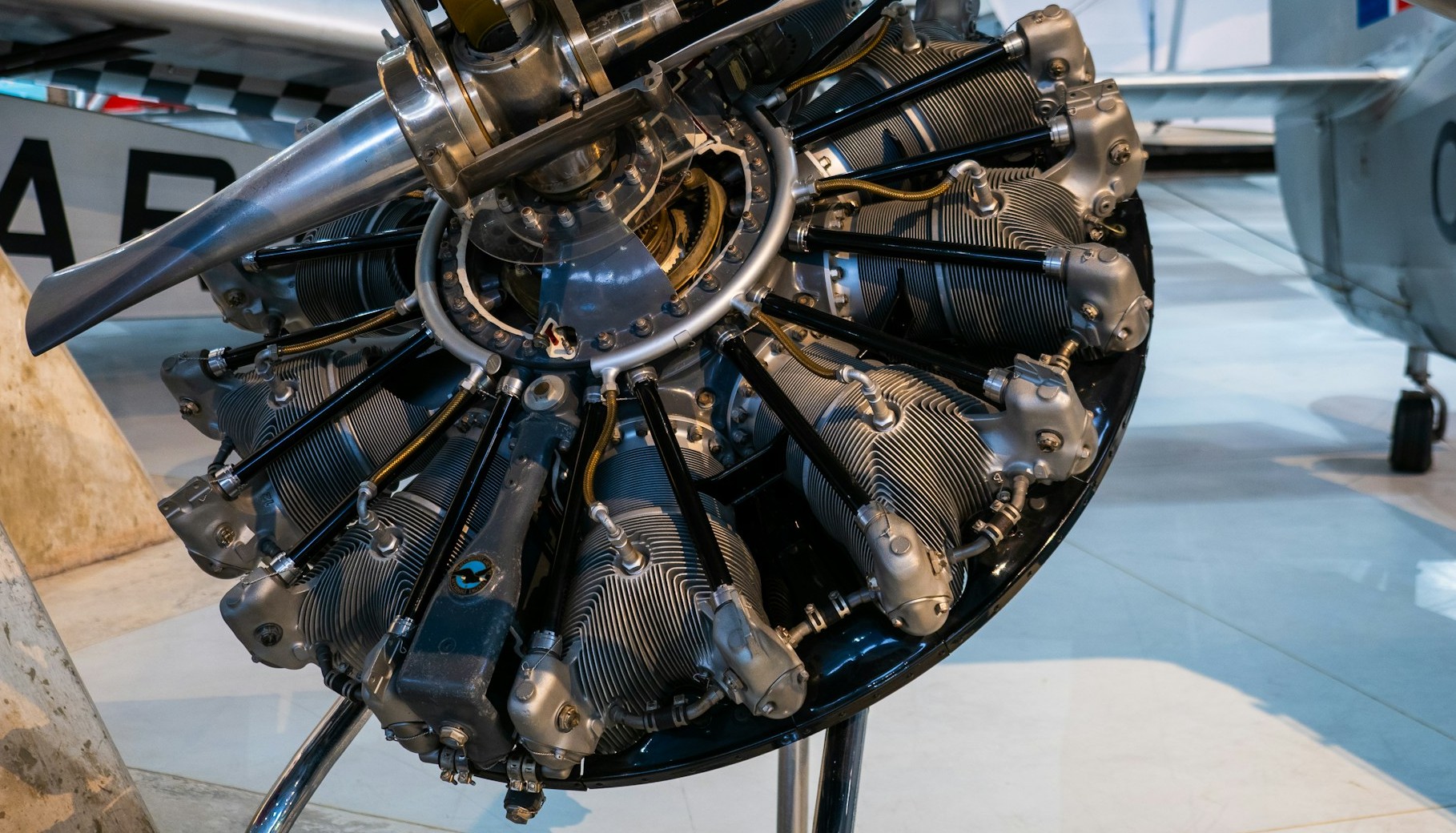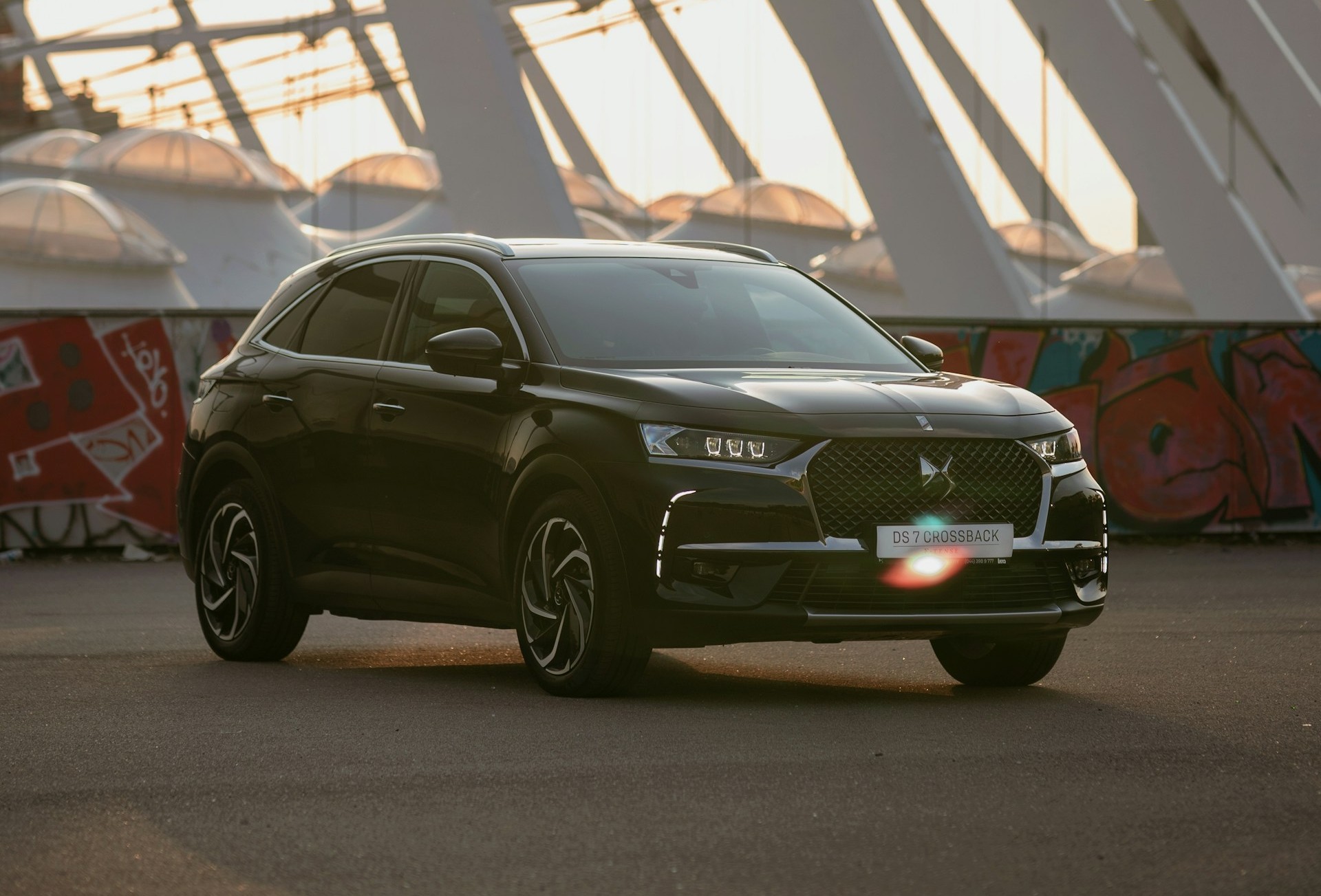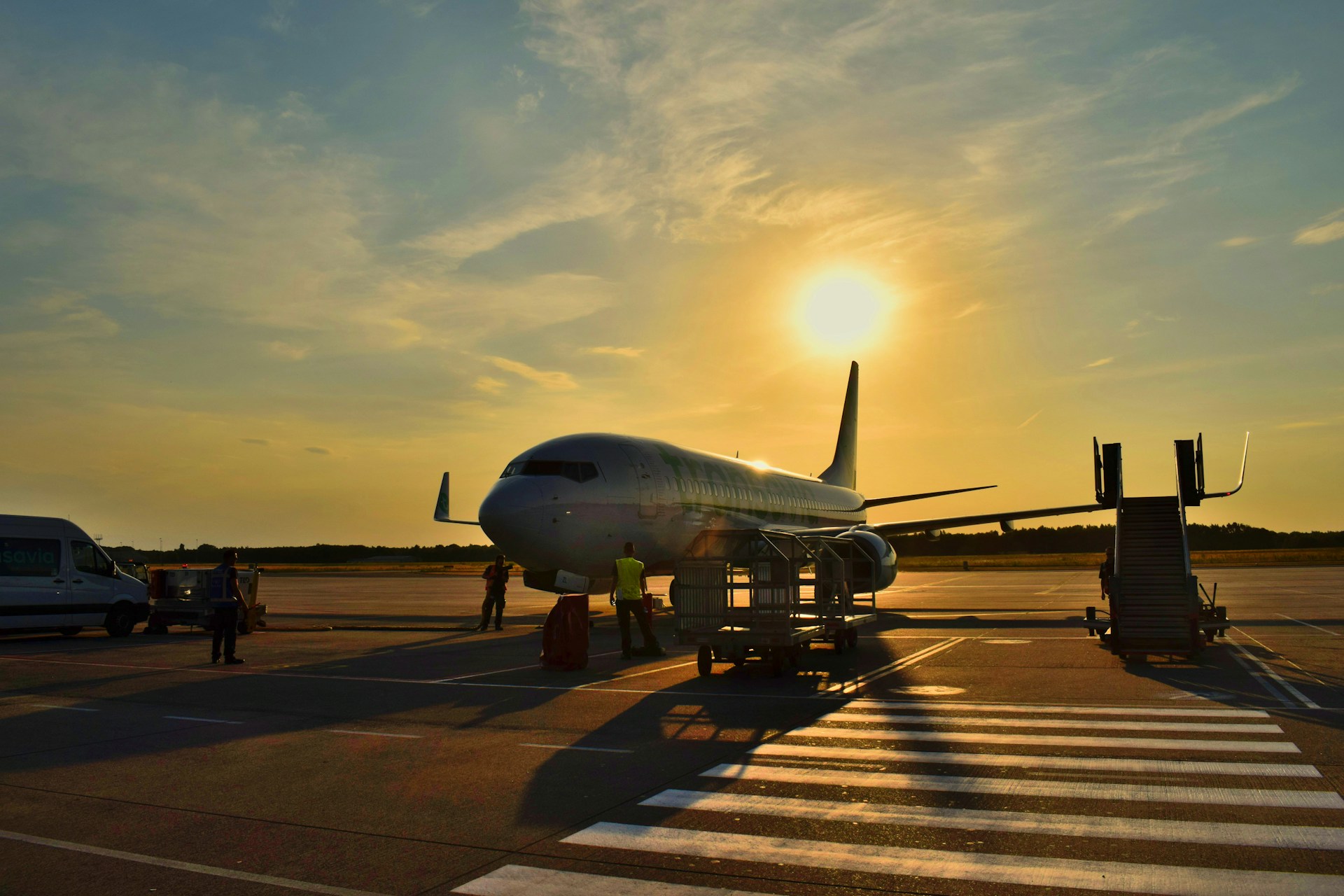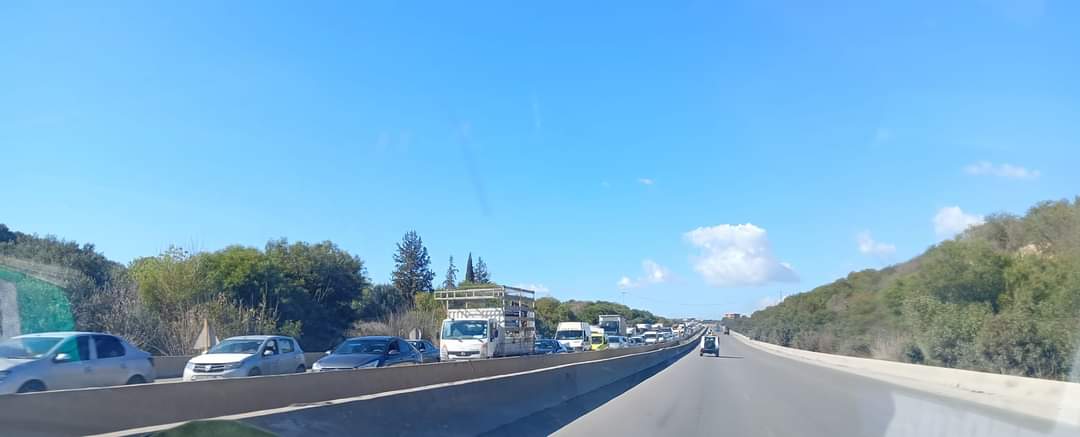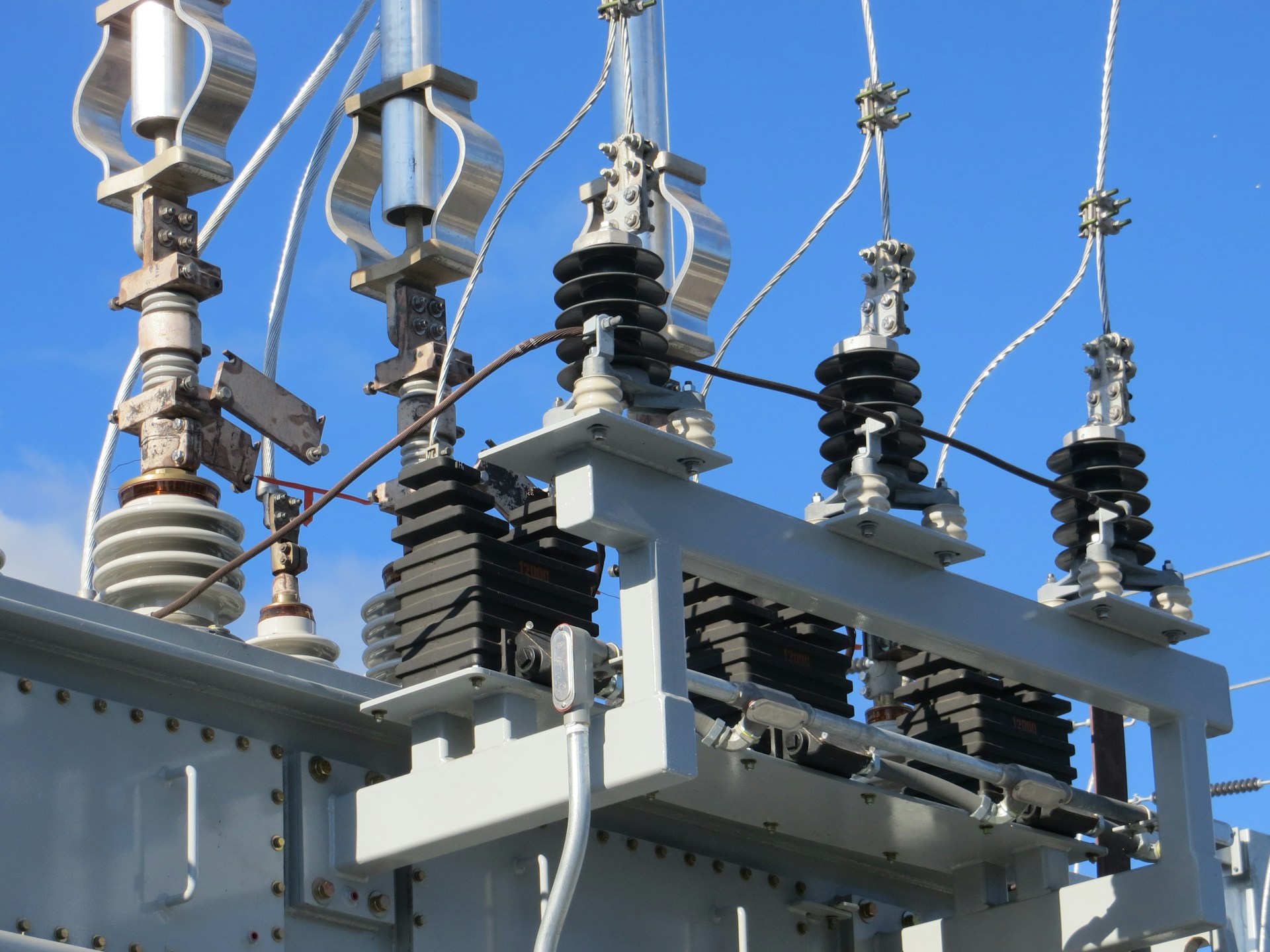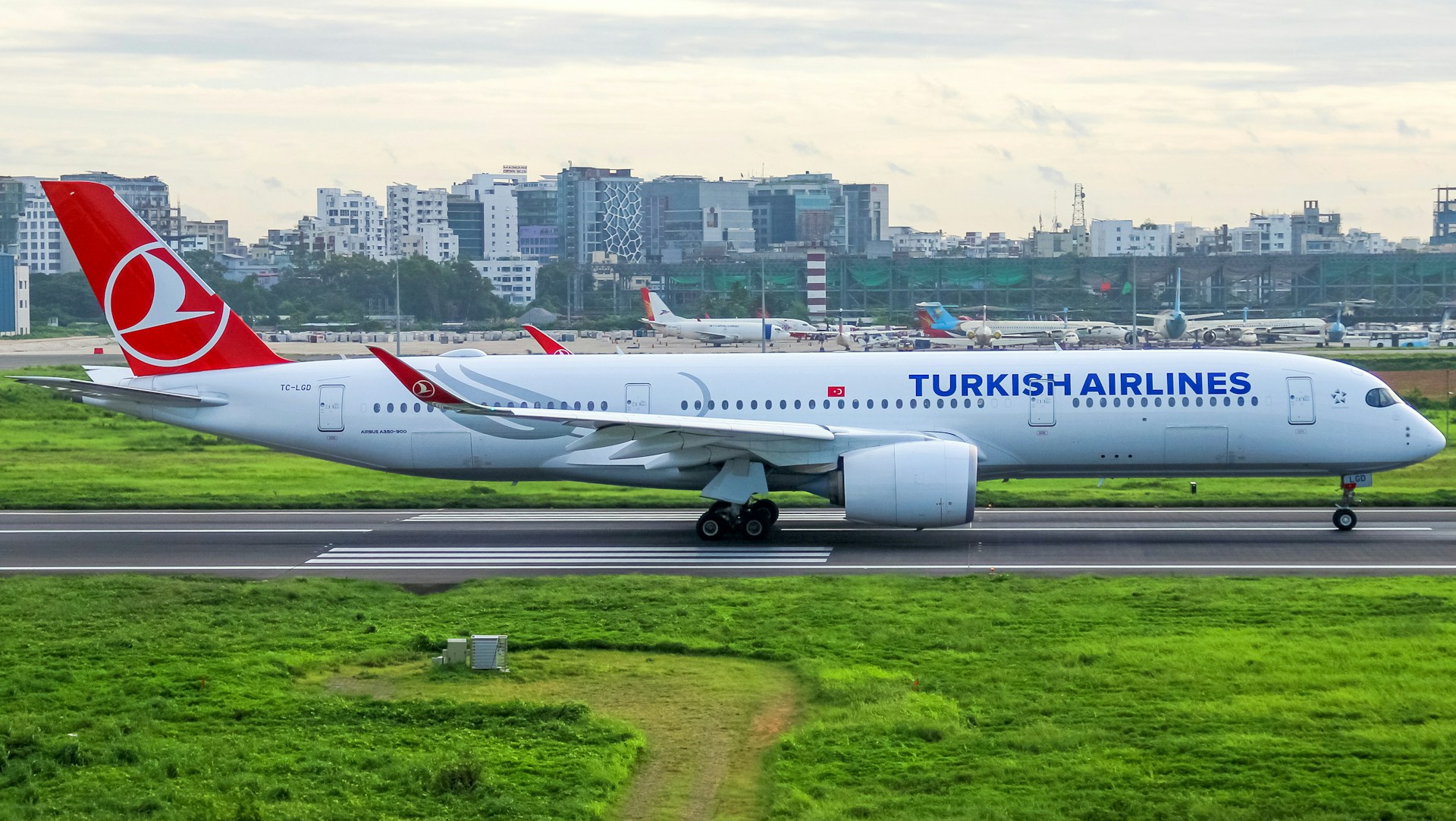Casablanca – Tesla Inc., the American electric vehicle and clean energy company founded by Elon Musk, has formally launched its first African subsidiary in Casablanca, Morocco. The move marks a significant milestone in the company’s global expansion strategy and positions Morocco as a key entry point for Tesla’s future operations across the continent.
The newly established entity, named Tesla Morocco, was legally incorporated on May 27, 2025, with an initial capital of $2.75 million. The office is based in the Crystal Tower, a prominent business complex in the Marina of Casablanca. This strategic location underscores Tesla’s long-term commitment to Morocco and its ambition to develop a comprehensive clean energy and electric mobility ecosystem.
About Tesla
Founded in 2003 and headquartered in Palo Alto, California, Tesla is globally recognized as a pioneer in electric mobility, battery storage technologies, and solar energy solutions. Beyond its well-known electric vehicles like the Model 3, Model Y, and Cybertruck, Tesla also designs and distributes residential and industrial energy products, such as Powerwall, Powerpack, and Megapack battery storage systems, as well as solar panels and roofs.
As of 2025, Tesla operates in more than 40 countries and continues to expand into emerging markets, with a strategic focus on decarbonization, innovation, and sustainability.
Broad scope of operations in Morocco
Unlike a traditional sales office, Tesla Morocco is expected to coordinate a wide range of operations. These include:
- Importation and sales of electric vehicles
- After-sales service and technical support
- Deployment of EV charging stations
- Distribution of solar energy systems
- Installation of residential and industrial battery storage units
Tesla has also stated its intent to contribute to Morocco’s ongoing energy transition by offering products like the Powerwall for households and Megapack systems designed for grid-scale and industrial use. This aligns with Morocco’s ambition to generate over 50% of its electricity from renewable sources by 2030.
Foundation built over several years
Tesla’s entry into Morocco was not abrupt. In 2021, the company quietly installed hybrid Superchargers in Casablanca and Tangier, testing the market and beginning to build awareness among consumers. The charging network has since expanded to cities like Rabat, Fez, Marrakesh, and Agadir, creating an early foundation for broader electric vehicle adoption.
The recent formalization of Tesla’s presence through a registered subsidiary signals a shift from passive infrastructure development to direct market engagement.
Strategic and industrial significance
Morocco’s established role in the automotive and renewable energy industries makes it a natural fit for Tesla’s investment. The country is already home to major automakers such as Renault and Stellantis, with advanced manufacturing facilities in Tangier, Kénitra, and Casablanca. These industrial hubs provide the logistical and human resource infrastructure that Tesla could potentially leverage in the future.
The availability of phosphate, a key component in lithium iron phosphate (LFP) batteries—an increasingly important battery chemistry for Tesla—also enhances Morocco’s strategic value. The country is one of the world’s top phosphate producers, opening the door for potential supply chain partnerships.
In April 2025, Elon Musk confirmed plans to build Tesla’s first African production facility near Kénitra, further strengthening Morocco’s industrial ties with the company. The plant is expected to support Tesla’s operations across the continent and may serve as a model for future facilities in other regions.
Looking ahead
Tesla’s investment in Morocco is more than just a business expansion — it signals a broader shift toward Africa’s integration into the global electric mobility and clean energy narrative. The company’s activities in Morocco will likely serve as a blueprint for entering other African markets, particularly those with growing urban populations, increasing energy demand, and a desire to reduce carbon emissions.
If successful, Tesla’s Moroccan model could become the cornerstone of a pan-African strategy, accelerating the continent’s transition to electric transportation and sustainable energy solutions. With the Casablanca office now operational and the Kénitra factory in planning stages, Tesla’s foothold in Morocco is expected to grow in both scale and influence in the coming years.







